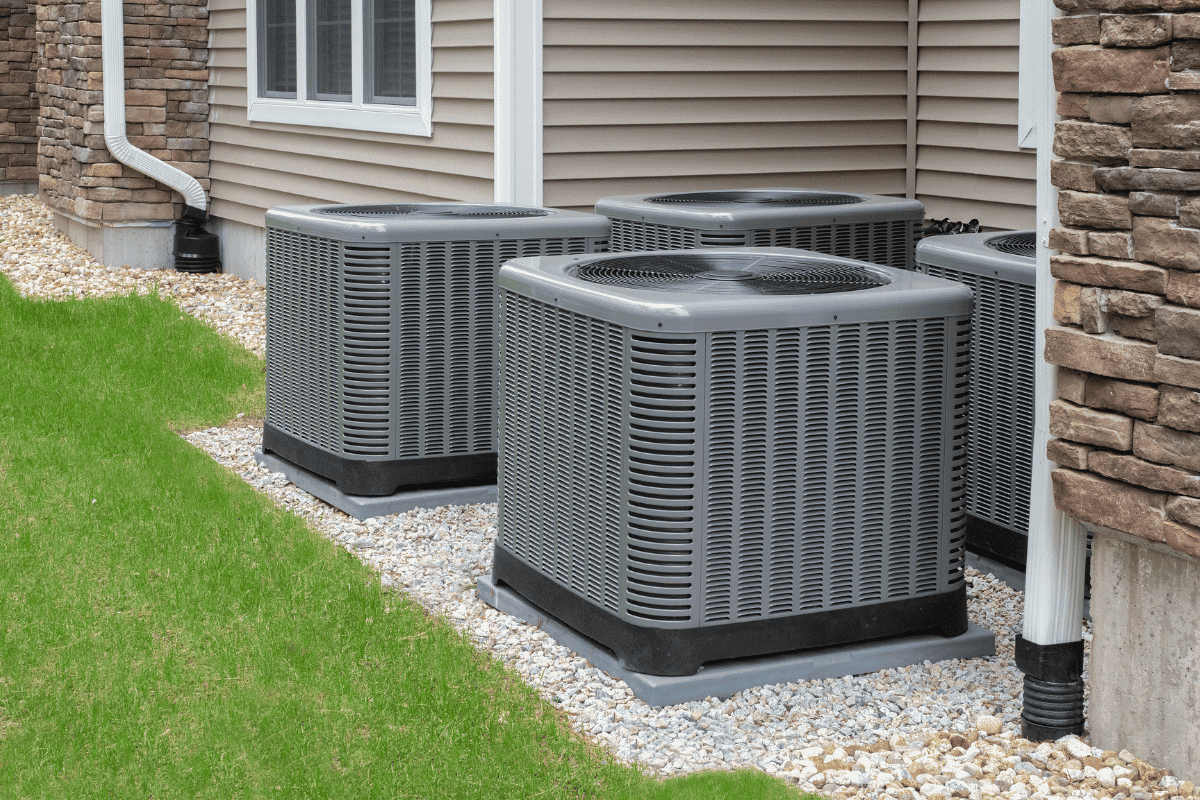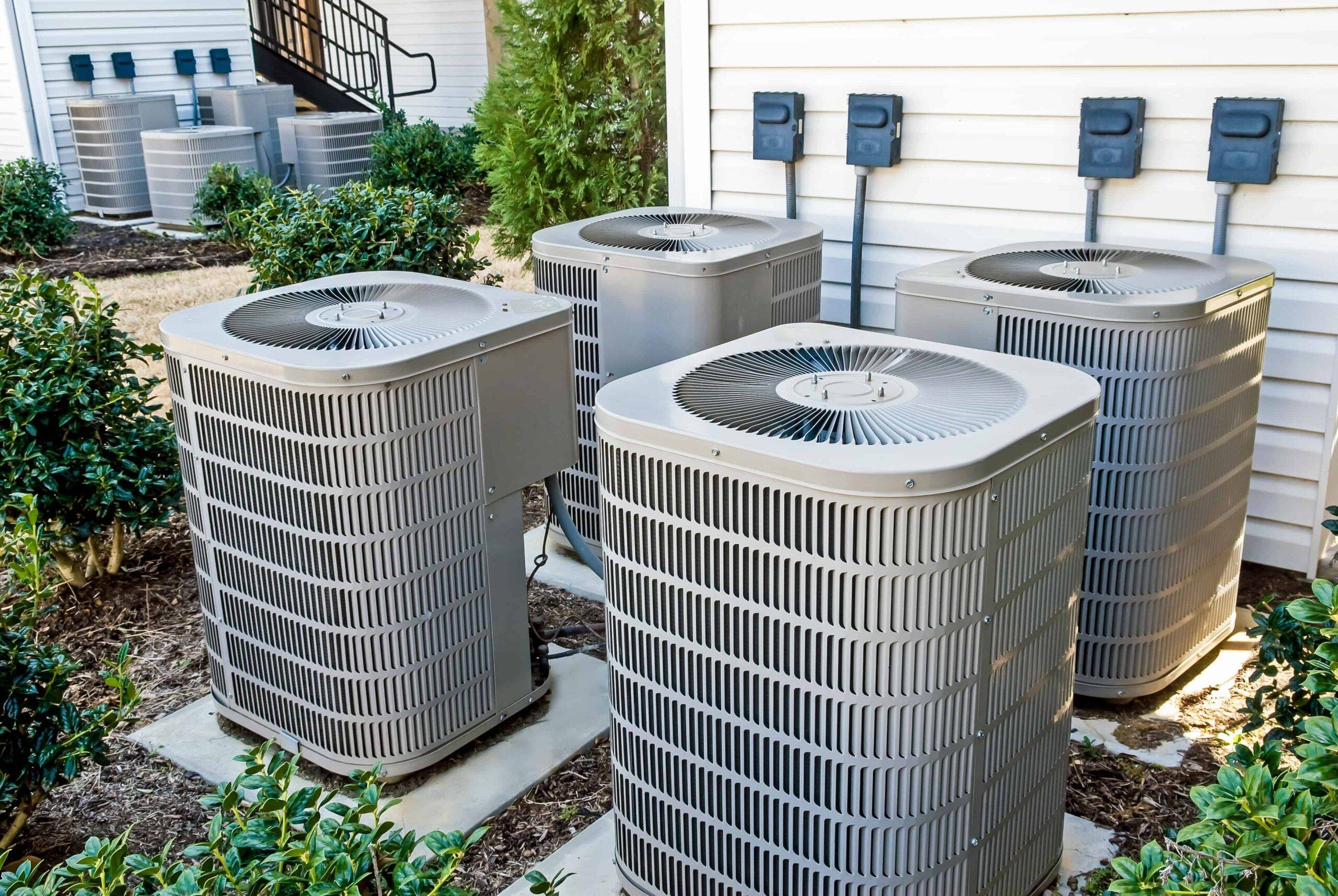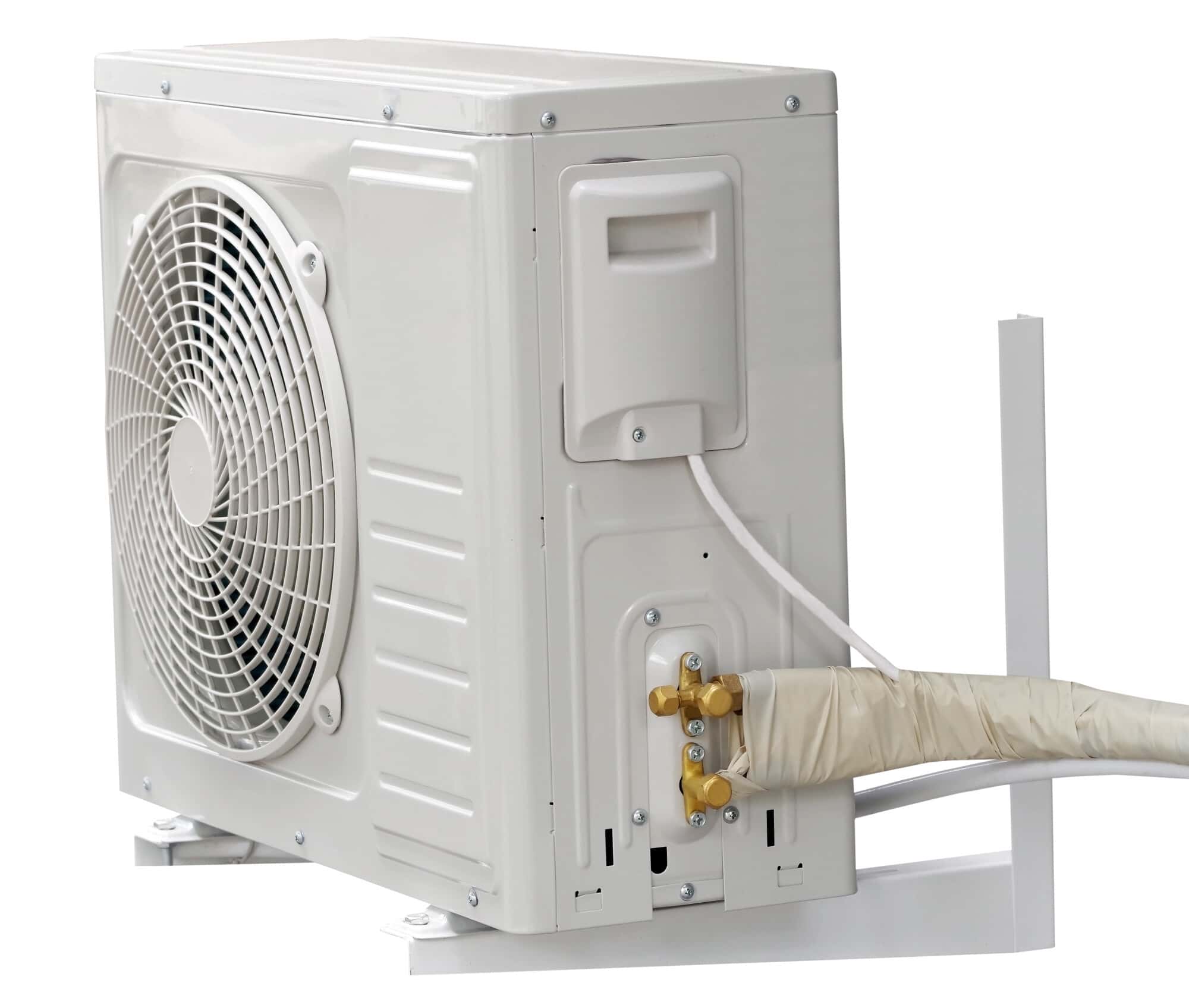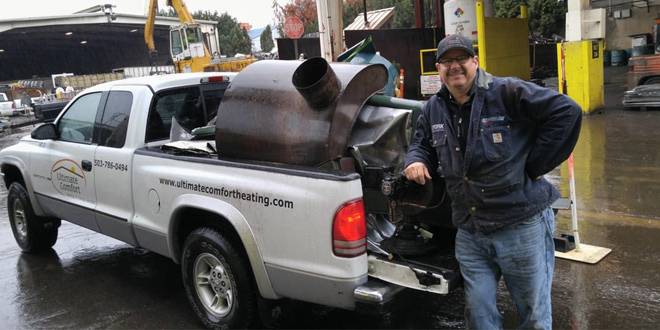Air Conditioning System Upgrades: Enhance Your Home’s Comfort and Efficiency
Upgrading your air conditioning system can significantly improve your home’s comfort, energy efficiency, and indoor air quality. Whether you’re looking to replace an old unit or enhance your current system, understanding the benefits and options available is key. In this blog, we’ll explore essential tips and insights for upgrading your air conditioning system to ensure you make the best choice for your home.
Key Points Covered:
- Benefits of upgrading your air conditioning system
- Types of air conditioning upgrades
- Factors to consider when upgrading
- Professional installation and maintenance services
- Cost vs. savings analysis
- Environmental impact
- Fun facts about air conditioning
- FAQ
Benefits of Upgrading Your Air Conditioning System
Improved Energy Efficiency
Newer air conditioning systems are designed to be more energy-efficient, reducing your energy consumption and lowering your utility bills. Modern units often come with high SEER (Seasonal Energy Efficiency Ratio) ratings, which indicate better energy performance.
Enhanced Comfort
Upgraded systems provide more consistent cooling and better temperature control throughout your home. Advanced features such as variable-speed motors and smart thermostats contribute to a more comfortable living environment.
Better Indoor Air Quality
New air conditioning systems often include advanced filtration options that can significantly improve your indoor air quality by removing dust, allergens, and other contaminants. To learn more about indoor air quality services, visit our Indoor Air Quality Service page.
Increased Home Value
An upgraded air conditioning system can increase the value of your home, making it a worthwhile investment if you’re planning to sell in the future.
Reduced Environmental Impact
Modern air conditioners use refrigerants that are less harmful to the environment, helping you reduce your carbon footprint.

Types of Air Conditioning Upgrades
High-Efficiency Central Air Conditioners
High-efficiency central air conditioners use advanced technology to provide better cooling with less energy. Look for units with high SEER ratings for maximum efficiency.
Ductless Mini-Split Systems
Ductless mini-split systems are ideal for homes without existing ductwork. They provide efficient cooling and heating for individual rooms, allowing for customizable comfort.
Smart Thermostats
Upgrading to a smart thermostat can optimize your air conditioning system’s performance. These devices learn your schedule and preferences, adjusting temperatures automatically to save energy.
Zoned HVAC Systems
Zoned HVAC systems allow you to control the temperature in different areas of your home independently, improving comfort and energy efficiency.
For more details on installation options, check out our Air Conditioning Installation services.

Factors to Consider When Upgrading
Size and Capacity
Ensure the new system is appropriately sized for your home. An undersized unit will struggle to cool your space, while an oversized unit will cycle on and off too frequently, reducing efficiency.
SEER Rating
The SEER rating measures the efficiency of an air conditioning system. Higher SEER ratings indicate better energy performance and savings on your energy bills.
Features and Technology
Consider the features that are important to you, such as variable-speed motors, smart thermostats, and advanced filtration systems.
Budget
Determine your budget for the upgrade and explore financing options if needed. Investing in a high-efficiency system can save you money in the long run through reduced energy costs.
Professional Installation
Professional installation ensures your new system operates correctly and efficiently. Our HVAC Service page provides information on expert installation and maintenance services.

Cost vs. Savings Analysis
Upgrading to a new, energy-efficient air conditioning system can provide significant savings over time. Here’s a comparison of potential costs and savings:
| System Type | Initial Cost | Annual Energy Savings | Payback Period | Total Savings Over 10 Years |
| Standard Efficiency AC | $3,000 | $100 | – | $1,000 |
| High-Efficiency Central AC | $5,000 | $300 | 5 years | $3,000 |
| Ductless Mini-Split System | $4,000 | $200 | 4 years | $2,000 |
| Smart Thermostat | $200 | $50 | 1 year | $500 |
Environmental Impact
Upgrading to a modern, energy-efficient air conditioning system offers numerous environmental benefits:
Eco-Friendly Refrigerants
Modern air conditioning systems use refrigerants that are less harmful to the ozone layer compared to older refrigerants like R-22. These newer refrigerants, such as R-410A, have a lower environmental impact.
Reduced Energy Consumption
High-efficiency air conditioning systems consume less energy to provide the same level of cooling, reducing your carbon footprint. Lower energy usage means fewer greenhouse gas emissions from power plants.
Sustainability
Many modern systems are designed with sustainability in mind, using materials and manufacturing processes that are more environmentally friendly. Some units are even built to be partially recyclable at the end of their lifecycle.
Longevity and Reduced Waste
Energy-efficient air conditioners tend to have longer lifespans, reducing the frequency of replacements and the amount of waste generated. Proper maintenance further extends the life of these units, contributing to less environmental impact.
Fun Facts About Air Conditioning ????
- Origins: The first modern air conditioner was invented in 1902 by Willis Carrier to control humidity in a printing plant.
- Energy Savings: Upgrading to a high-efficiency air conditioner can save you up to 20-40% on cooling costs.
- Popularity: Over 87% of homes in the United States have air conditioning, making it a standard feature in modern homes.
- Smart Thermostats: These devices can reduce cooling costs by up to 10% by optimizing your system’s operation.
- Eco-Friendly: Newer air conditioning systems use refrigerants that are less damaging to the ozone layer.

FAQ
Q: How often should I upgrade my air conditioning system?
Typically, air conditioning systems should be upgraded every 10-15 years, or sooner if they are not performing efficiently.
Q: What are the signs that I need to upgrade my air conditioner?
Signs include frequent breakdowns, rising energy bills, inconsistent temperatures, and the system being over 10 years old.
Q: Can upgrading my air conditioning system improve indoor air quality?
Yes, modern systems come with advanced filtration options that can significantly enhance your indoor air quality.
Q: How do I choose the right size air conditioner for my home?
Consult with a professional to conduct a load calculation, which considers your home’s size, insulation, and other factors to determine the appropriate unit size.
Q: What is a SEER rating, and why is it important?
The SEER rating measures the efficiency of an air conditioning system. Higher SEER ratings indicate better energy performance, which can lead to significant savings on your energy bills.
Upgrading your air conditioning system is a smart investment that can enhance your home’s comfort, efficiency, and value. Whether you’re interested in high-efficiency units, ductless systems, or smart thermostats, there are numerous options to fit your needs. For expert advice and professional installation, trust Ultimate Comfort to provide the best solutions for your home. Visit our Contact page to get in touch with our team today. Don’t wait—upgrade your air conditioning system and enjoy the ultimate comfort all year round!

